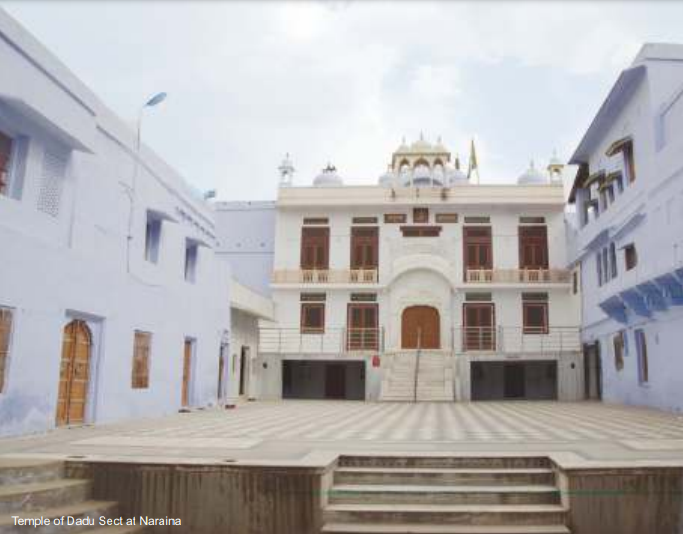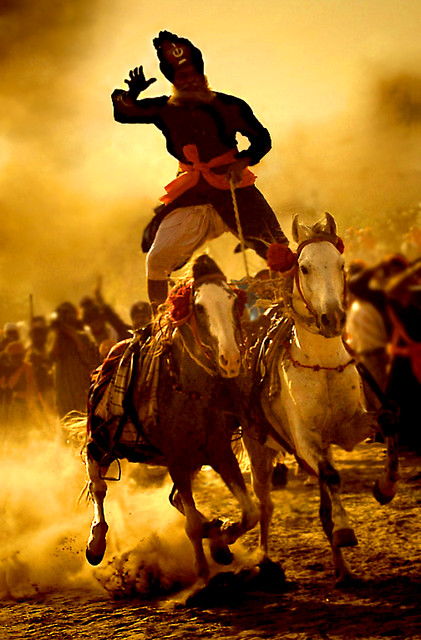Discover the intense Sikh-Muslim conflict in Punjab over the sacred Gurdwara Shahidganj site in Lahore from 1935 to 1940. Learn about its historic significance.
Discover Hola Mahalla, a lively Sikh festival following Holi, featuring martial arts displays and colorful processions at Anandpur Sahib. Celebrate heritage!
Explore Jhatka, the Sikh practice of swift, humane animal slaughter, ensuring minimum pain. Learn its significance and historical context in Sikhism.
AKAL TAKHT is the primary seat of Sikh religious authority and central altar for Sikh political assembly. Through hukamnamas, edicts or writes, it may issue decretals providing guidance or clarification on any point of Sikh doctrine or practice referred to it, may lay under penance personages charged with violation of religious discipline or with activity prejudicial to Sikh interests or solidarity and may place on record its appreciation of , outstanding services rendered or sacrifices made by individuals espousing the cause of Sikhism or of the Sikhs.
Explore the Auckland Papers for insights on 19th-century politics, the Sikh military, and the Anglo Afghan war, now accessible in London.








